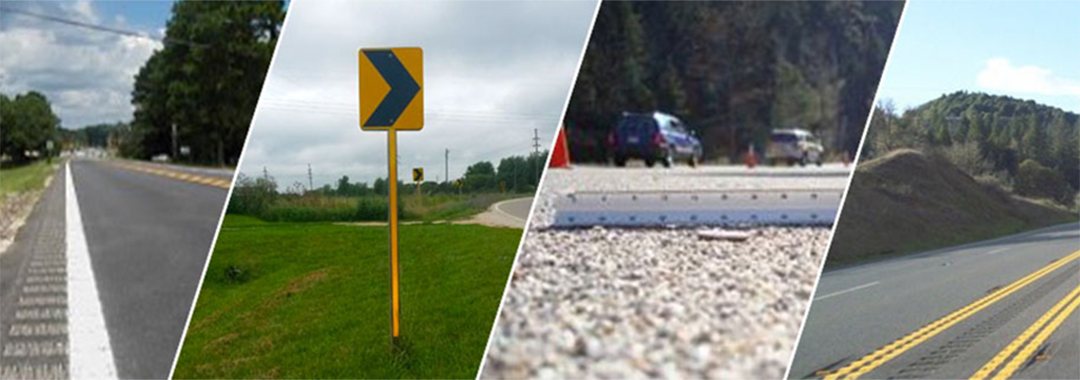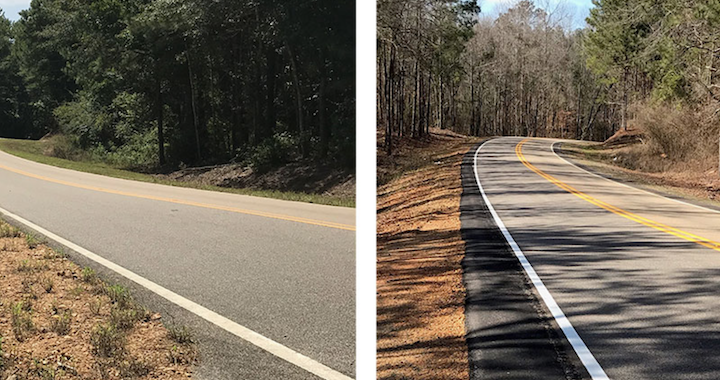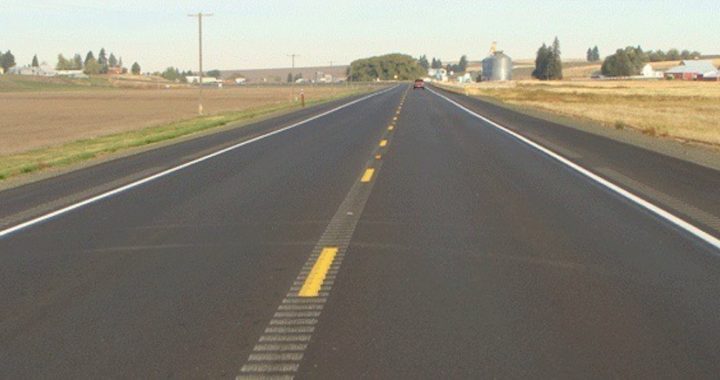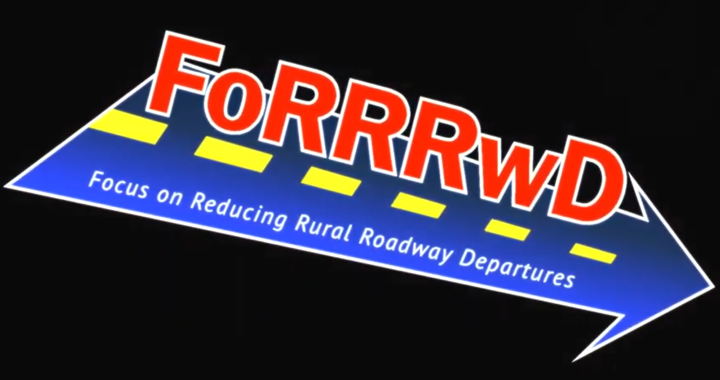What is Reducing Rural Roadway Departures?
Reducing fatalities on rural roads remains a major challenge in the United States. Roadway departures on the rural road network account for one-third of traffic fatalities. Systemic application of proven roadway departure countermeasures, such as rumble strips, friction treatments, and clear zones, helps keep vehicles in their travel lanes, reduce the potential for crashes, and reduce the severity of those crashes that do occur.

Data-driven systemic analysis can help agencies prioritize the locations and countermeasures that will be most effective by taking a broad view to evaluate risks across an entire roadway system. It can be used to proactively implement countermeasures where crashes are likely to happen, even for locations where no crashes have been recorded. The benefits include safer roads, quick deployment, and flexibility.
Learn more about this EDC-5 Innovation.
NJ Expands Systemic Application of Proven Safety Countermeasures
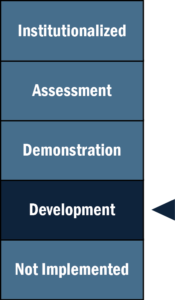
Stage of Innovation:
DEVELOPMENT
(January 2021)
With EDC-5, NJ plans to expand their current practices to reduce rural roadway departures:
Utilizes Crash Data for Proactive Systemic Approach. Currently, NJ uses crash data to analyze transportation systems for all public roads and applies a proactive systemic approach including rumble striping, low-cost countermeasure mitigation, high friction surface treatments, and signage improvements, unless a location is on the high crash list. Then NJ provides project-specific mitigation to reduce or eliminate the issue. NJ implements these approaches on rural roads through the Local Safety, High Risk Rural Roads, and Preliminary Engineering and Design Assistance Programs.
What's Next?
Be Proactive and Organize Workshops. The FHWA Resource Center conducted a Train-the-Trainer Workshop at NJDOT Headquarters in June 2019. Training events, hosted by the state's MPOs, were being planned for safety professionals, rural roadway facility owners and maintainers on roadway departures, location identification, systemic approach to safety, and proven safety countermeasures, with the assistance of the FHWA Safety Program Office and the FHWA Resource Center.
The planned in-person workshops were cancelled due to COVID restrictions and CDC/State guidelines. Instead NJDOT and FHWA plan to host virtual training sessions presented by the FHWA Resource Center, tentatively scheduled for March 2021.
Reducing Rural Roadway Departures: NEW & NOTEWORTHY

